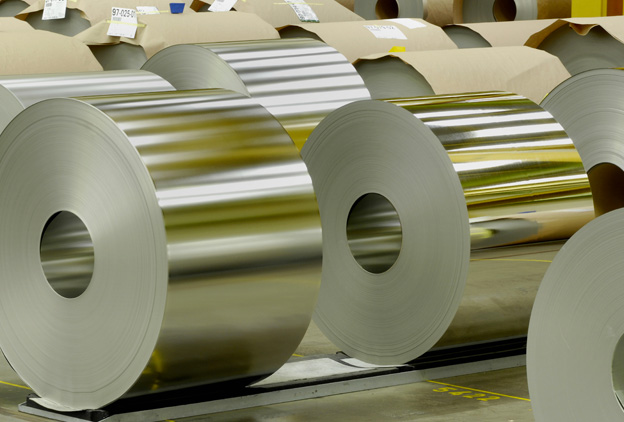NEUHEITEN

18 Juni 2014
Nickel is a chemical element with atomic number 28
Nickel is a chemical element with atomic number 28, it is a silvery white metal and it is hard and ductile; 65% of known reserves in the world is consumed to produce austenitic stainless steel; another 12% is used to manufacture of superalloys and the remaining 23% to produce other types of steel, rechargeable batteries, coins, platings, etc..
The largest deposits of nickel are in Canada (31%), Russia, Indonesia and Australia.
In stainless steel, nickel plays a very important role because it hardens the alloy, increases the field of austenitization and it greatly increases the corrosion resistance; it increases the speed of repassivation and it also behaves as a stabilizer in welding.
Especially with regard to the corrosion resistance, nickel enables alloys such as 304 to have performance far superior to alloys such as 201-202, where a large part of nickel is replaced by manganese, which combines sulfurs to give origin to Manganese sulphide, which is preferential area for pitting corrosion.